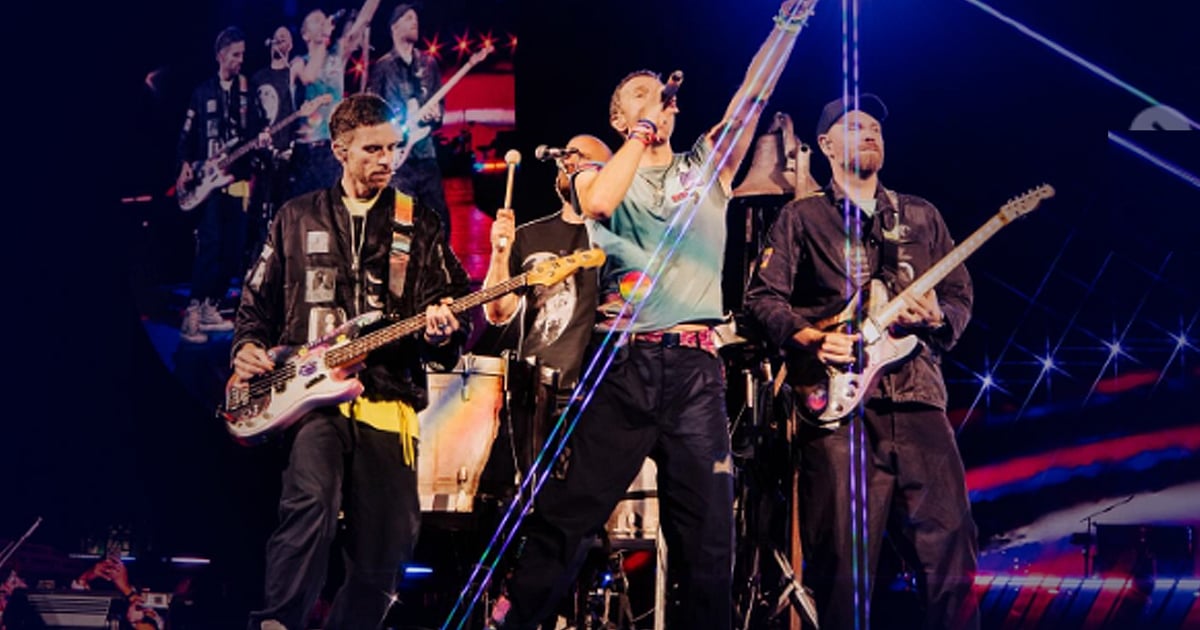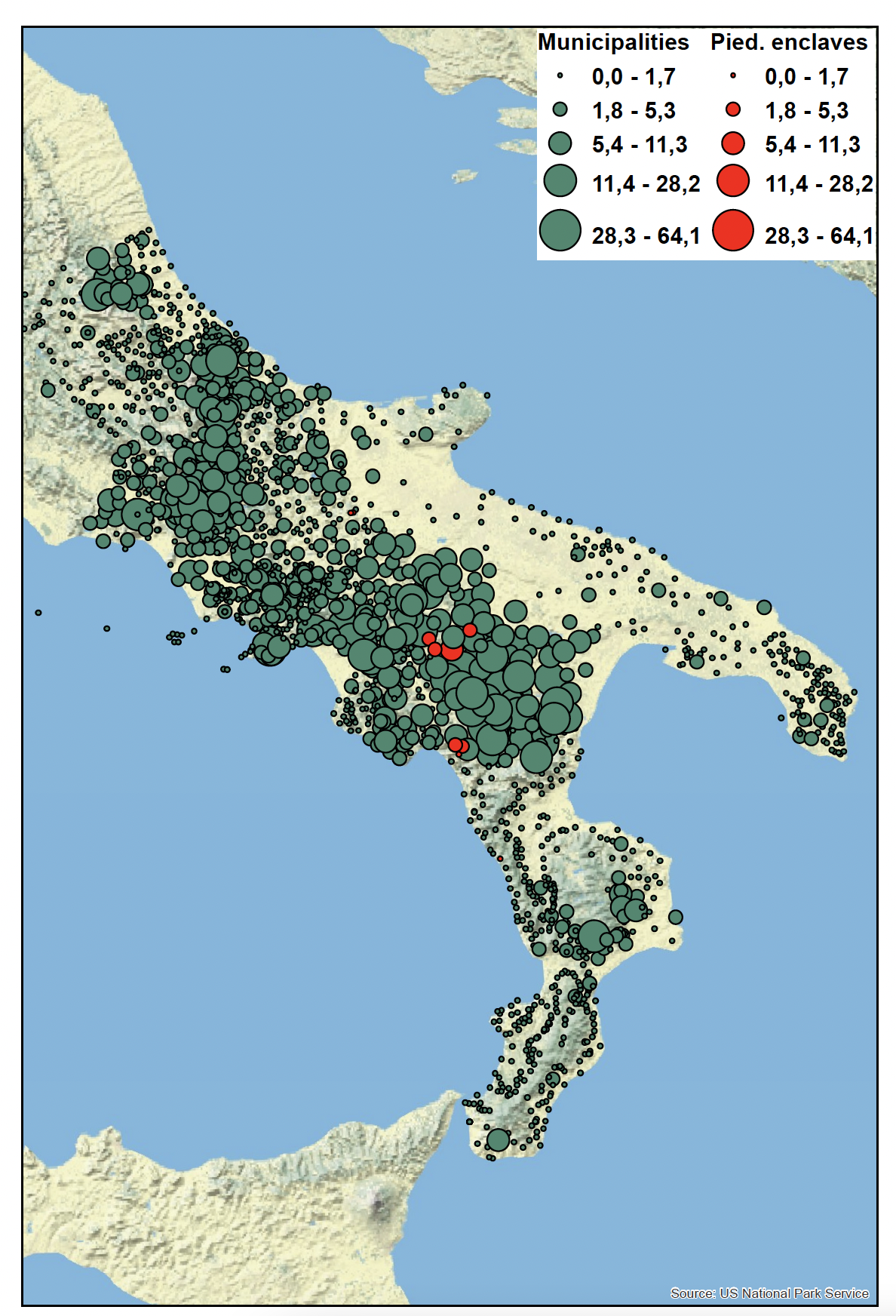Does India have the best-run luxury hotels in the world? We tend to take them a little for granted but after listening to Massimo Bottura, I am starting to wonder if we truly recognise how exceptional our hoteliers are.

As you probably know, Bottura is one of the world’s greatest chefs. His Osteria Francescana in Modena has had three Michelin stars for years and it has been at the top of the list of the World’s Best Restaurants twice. (After the second win, they disqualified all former number ones from being part of the process; otherwise Osteria would have won again.)
Bottura came to Mumbai last year for Culinary Culture (of which – full disclosure — I am chairman) to cook for the Masters of Marriott series and loved it so much that he happily accepted our invitation to come back to India this year to cook two dinners at the Leela Palace in Delhi.
Almost from the moment he walked into the Leela, he began to rave about the service at the hotel. The following day, he went to the Maurya to eat at Dum Pukht. We took him and his team first to the kitchen at Bukhara and he was so impressed that he sat down on impulse and ate a course there. (Seekh kabab, the massive family-style naan and of course, dal Bukhara.)
When he finally got to Dum Pukht, he was surprised to learn that the father and son team who ran the kitchen were fifth and sixth generation chefs from the famous Qureshi family. No European hotel that I could think of had a restaurant with traditional chefs cooking their family’s (largely still secret) recipes.
The Osteria team was startled too by the Maurya’s attention to detail. The hotel had asked Culinary Culture for the name of every member of the group and each of them had table linen with their names sewed on.
There are only a handful of hotels anywhere in the world where two of the country’s best restaurants are located in the same building. (For fans of such things, Massimo preferred the seekh to the kakori — he likes his keema to be roughly chopped.)
The next day we took them to Indian Accent which was wonderful but is not a hotel so I won’t count that. But at 6 am the following morning Massimo and his chefs drove to Agra to see the Taj. They spent the day at the Oberoi Amarvilas which took their breath away.
Massimo spent the day in the Kohinoor Suite, which I sometimes think of as a spectacular balcony with a suite attached. The point of the balcony is the stunning view it offers of the Taj. Massimo discovered that you also saw the Taj from the bathroom, got into the tub (fully clothed I hasten to add) and took pictures of the Taj.
Amarvilas sent the Osteria team to the Taj (which is virtually next door) in golf buggies and found them a celebrity guide who had done this sort of thing for heads of State before. Massimo was moved to tears by the beauty of the Taj. (“It is not the architecture alone that gets me”, he said, “it is the emotion that created the monument.”)
They came back to Amarvilas for lunch, expecting very little (I mean, they had already eaten at Bukhara, Dum Pukht and Indian Accent so their standards were very high) but were stunned by how good the food (overseen by the relatively little known Manik Magotra) was.
The next day, Massimo was due to give a string of interviews and speak to me on stage for an audience of foodies. I was looking forward to the event when I got a call in the morning.
Massimo has fallen and hurt himself, I was told. The Leela swung into action and called a doctor who said that as Massimo had a head injury, he should be taken to hospital. The hospital said he had a deep gash in his forehead, gave him four stitches and checked for signs of concussion. He had lost some blood, the doctors said, so he should rest.
We rescheduled the interviews, of course. But I was all set to cancel the live conversation when I got a message from Massimo: No matter what the doctors advised, he would not cancel. Invitations had gone out. A hundred people were coming. He would be there.
And so at 5:30 pm, looking a little pale, his stitches covered by a plaster, Massimo walked into the hall to thunderous applause. I told him we would only talk for 20 minutes because he was already disregarding medical advice just by turning up. In the event, we spoke for 45 minutes and he would have gone on for longer if I had not called a halt to the proceeding.
He then wanted to mingle with the guests but I said a firm no and marched him out of the hall. This was not as easy as it sounds because he was mobbed by people and kept stopping to pose for selfies.
At this stage, we had still not announced that Massimo had been hurt.
But at the first dinner the next day, Massimo talked about it himself. He got up in the night to go to the loo, he told the guests, slipped and fell. As he fell, his head hit something (we are still not sure what) and he somehow managed to get to his bed at which stage (again, we think), he either collapsed or passed out.
He woke up in the morning in a pool of blood, his pillow soaked with the blood that had flowed in the night, (head wounds tend to bleed a lot, I gather). He called his team. Who called us.
“It could have been”, he told guests at the dinner,” the worst day of my life”. He was in a foreign country, in a strange city, in a new hotel, his face covered in blood with only a dim recollection of what had happened in the night.
“But”, he continued. “it was the best day. Because the hotel looked after me so well that I felt secure and cared for. They found me a doctor, and then a hospital, they wiped the blood from my face, they fed me gently and they nursed me back to health. This is the art of hospitality.”
He pointed to his butler, a tall, imposing gentleman who, I had noted earlier, had (somewhat worryingly) taken to affecting an Italian accent presumably on the slightly ridiculous grounds that it would make Massimo feel more at home. But maybe the tall man knew something I didn’t because Massimo said of him, “He looked after me like my mamma would have. I felt so safe and so cared for. He keeps my medicines, tells me when to take them and watches over my health when I have to work here in the kitchen.”
Afterwards, I asked Massimo about the fall. Presumably it was okay to talk about it now because he had told guests about it. Till then, I had worried about protecting his privacy. He said it was fine.
I told him that I was impressed by his bravery. I can’t think of many people who can wake up in a pool of blood, get stitches on their foreheads and then insist on going through with a live event a few hours later.
What’s more, he wowed the audience. If you look at the scores of instagram posts and stories that guests posted from that live interview, it will be clear that nobody who attended had realised what bad shape Massimo was in or that he was weak from loss of blood and in pain.
Massimo gave the credit to Indian hospitality. At the dinner he singled out Anupam Dasgupta, the general manager of the hotel, and said that he ran one of the best hotels he had ever stayed at. Later he did a series of instagram stories with the hashtag. #artofhospitality to capture what he thought was so special about India.
It is a story with a happy ending because Massimo was able to stand at the pass in the kitchen for two dinners, doing the final plating for each guest himself, his pain temporarily forgotten as he immersed himself in his work. But, as he says, it could easily have gone very wrong.
Massimo said — and, of course, he is right — that this experience brought out what hospitality is. He was very impressed by the luxury of Indian hotels: By the suites, by the excellence of the food, by the high level of personalisation and by the elegant service. But what really made the difference was how well he was looked after when he woke up to find his blood on his bedclothes and a gash on his forehead. The strength of Indian hospitality was that it was as outstanding in bad times as it was in good times.
You can argue that Massimo Bottura is not the average guest and that others may not have had the same experience. And you would be right. But the point is comparative. Massimo is never the average guest at any hotel he stays in. He is always a celebrity guest anywhere in the world.
So it is a level playing field. And if he feels that Indian hotels excelled, then it must be taken as a compliment from a man who has stayed at the best suites at the world’s best hotels.
The Massimo accident was troubling. Suppose the gash had been deeper? Suppose it had been nearer his eye? Suppose he hadn’t got immediate medical attention?
But it was also life-affirming. One of the world’s greatest chefs reminded us that despite his celebrity status, he was a true professional. He got back on his feet and insisted that nothing would be cancelled.
And India’s hotels gave him the care and love he needed. Perhaps we don’t give enough credit to our hotels and hoteliers . It is only when a well-travelled foreign guest raves about their warmth and their hospitality that we realise that the hotel business is one of our few world class industries.
















